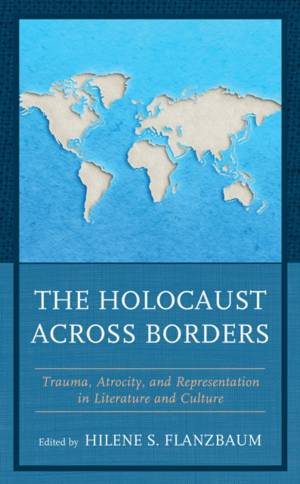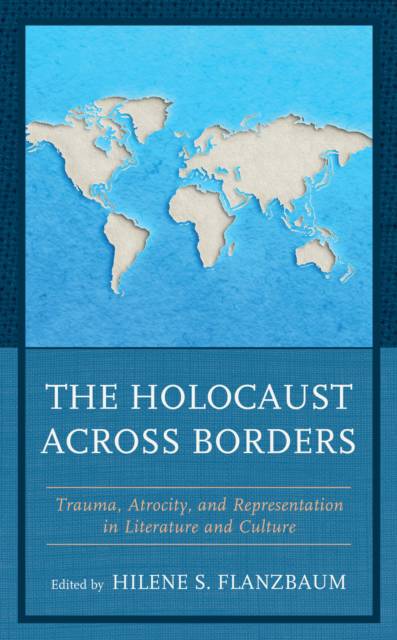
- Afhalen na 1 uur in een winkel met voorraad
- Gratis thuislevering in België vanaf € 30
- Ruim aanbod met 7 miljoen producten
- Afhalen na 1 uur in een winkel met voorraad
- Gratis thuislevering in België vanaf € 30
- Ruim aanbod met 7 miljoen producten
Zoeken
The Holocaust Across Borders
Trauma, Atrocity, and Representation in Literature and Culture
€ 61,45
+ 122 punten
Omschrijving
"Literature of the Holocaust" courses, whether taught in high schools or at universities, necessarily cover texts from a broad range of international contexts. Instructors are required, regardless of their own disciplinary training, to become comparatists and discuss all works with equal expertise. This books offers analyses of the ways in which representations of the Holocaust--whether in text, film, or material culture--are shaped by national context, providing a valuable pedagogical source in terms of both content and methodology. As memory yields to post-memory, nation of origin plays a larger role in each re-telling, and the chapters in this book explore this notion covering well-known texts like Night (Hungary), Survival in Auschwitz (Italy), MAUS (United States), This Way to the Gas (Poland), and The Reader (Germany), while also introducing lesser-known representations from countries like Argentina or Australia.
Specificaties
Betrokkenen
- Uitgeverij:
Inhoud
- Aantal bladzijden:
- 296
- Taal:
- Engels
- Reeks:
Eigenschappen
- Productcode (EAN):
- 9781793612076
- Verschijningsdatum:
- 12/04/2023
- Uitvoering:
- Paperback
- Formaat:
- Trade paperback (VS)
- Afmetingen:
- 152 mm x 229 mm
- Gewicht:
- 399 g

Alleen bij Standaard Boekhandel
+ 122 punten op je klantenkaart van Standaard Boekhandel
Beoordelingen
We publiceren alleen reviews die voldoen aan de voorwaarden voor reviews. Bekijk onze voorwaarden voor reviews.










